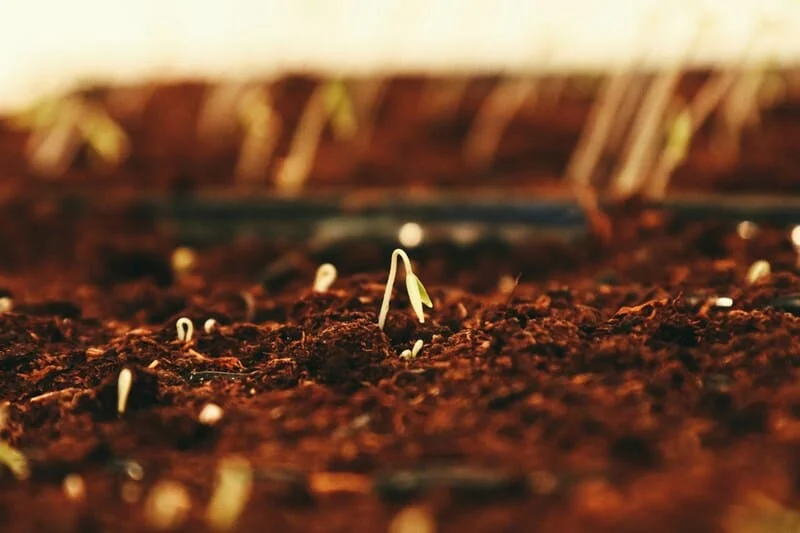The National Seed Institute (INASE) has introduced a significant regulatory change with the publication of Resolution 49/25, signed by its director, Claudio Dunan. This resolution eliminates the requirement for comparative yield trials to register new seeds, a move that is expected to streamline the registration process and accelerate access to improved seed varieties. The measure has been strongly supported by the Minister of Deregulation, Federico Sturzenegger, who sees it as a step toward reducing bureaucratic obstacles in Argentina’s agricultural sector.
A Step Toward Efficiency
Sturzenegger emphasized that the removal of comparative yield trials will cut down registration times, allowing farmers quicker access to new and improved seed varieties. According to the minister, these trials have historically slowed innovation and hindered agricultural productivity. He likened the requirement to Argentina’s National Administration of Drugs, Food, and Medical Technology (ANMAT) demanding market studies to determine if a snack tastes good before approving it.
Furthermore, Sturzenegger questioned whether it is even necessary to register seeds with INASE at all. “A seed is not a dangerous virus or a weapon of mass destruction; it is merely a production input,” he stated. This comment underscores his broader push for deregulation, aiming to make Argentina’s agricultural industry more competitive on the global stage.
Implications for Argentina’s Agricultural Competitiveness
The minister pointed out that Argentina’s restrictive policies on seed registration have hampered its competitiveness in the global agricultural market. He highlighted that while Brazil has tripled its soybean production using seed varieties developed by Argentine researchers, Argentina itself has remained stagnant due to excessive regulations.
By removing barriers to seed registration, the government hopes to encourage more investment in agricultural research and development within Argentina, preventing the migration of innovative seed companies to neighboring countries with more flexible policies.
Intellectual Property Debate in Agriculture
Sturzenegger also reignited the debate on intellectual property rights in the seed industry. He criticized the fact that discussions about seed patents and ownership have become entangled with broader debates on export taxes in Congress. “It’s a fascinating topic that needs further discussion,” he concluded, implying that Argentina must rethink its approach to intellectual property in agriculture to foster innovation while ensuring fair access to advanced seed technologies.
The elimination of comparative yield trials marks a pivotal moment in Argentina’s agricultural regulation. By reducing bureaucratic red tape, the government aims to boost productivity, attract investment, and regain its position as a leader in agricultural innovation. However, the broader debate on seed registration and intellectual property rights remains unresolved, making it a crucial issue for future policy discussions.

